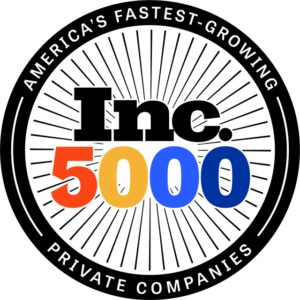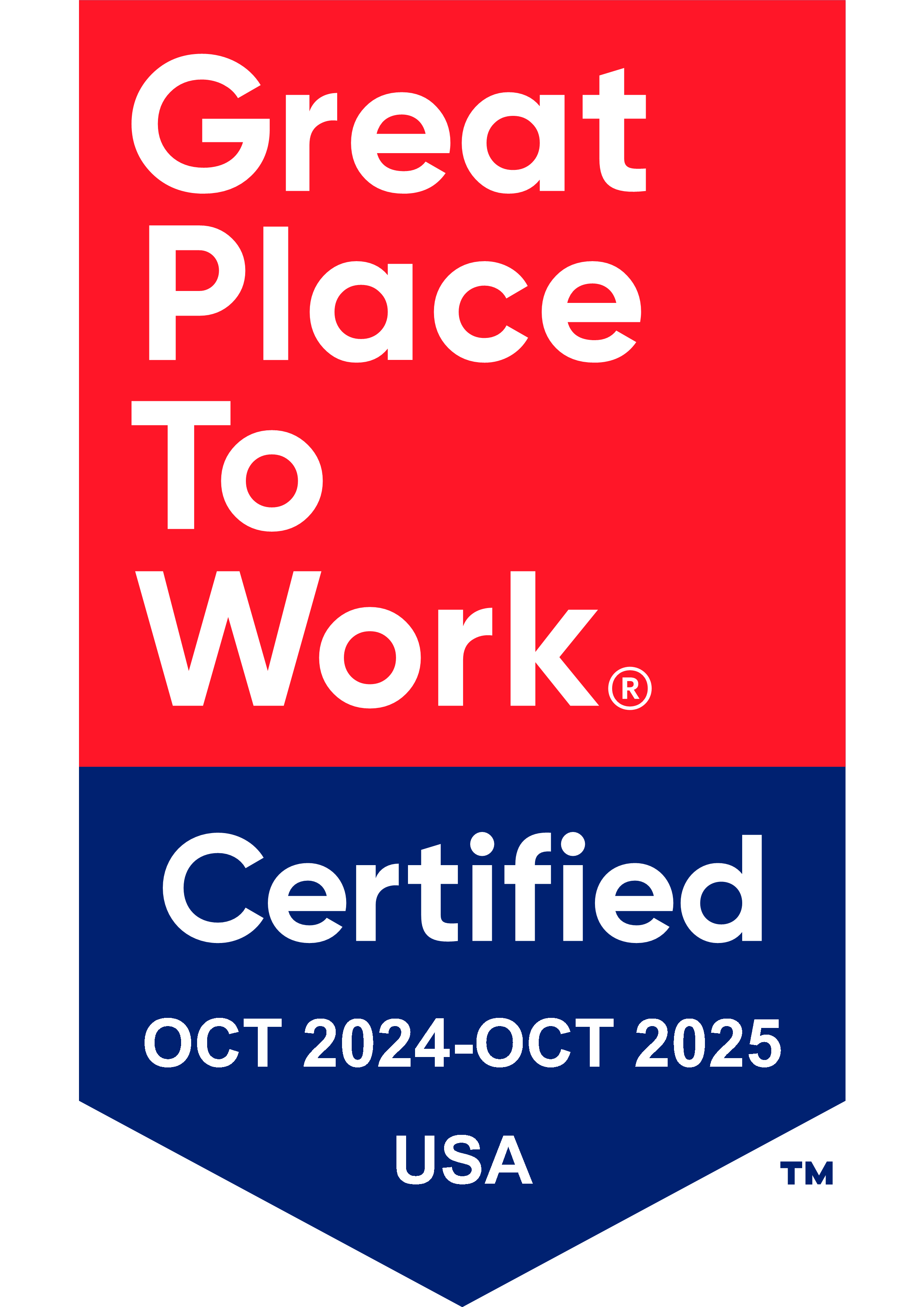Enterprise Resource Planning (ERP) systems play a central role in the digital transformation efforts of modern organizations. They streamline workflows, foster collaboration, and empower data-driven decision-making. However, the process of a successful ERP implementation is complex, requiring careful coordination and alignment across people, processes, and technology.
At Gravity IT Resources, we’ve supported organizations in navigating this complexity with tailored ERP consulting, program leadership, and staffing solutions. To further enhance understanding of ERP trends and challenges, we conducted a series of LinkedIn polls in February 2025. These polls aim to gather community insights about key factors influencing ERP implementation, challenges faced, and adoption strategies.
This blog summarizes findings from four polls, offers key takeaways for decision-makers, and outlines actionable strategies to improve ERP implementation success.
Understanding the Polls
Throughout February 2025, Gravity IT Resources engaged its LinkedIn network with a series of polls to gather insights on various aspects of ERP implementation. Here’s a quick recap of the polls conducted and their focus points:
- Poll #1 asked about the most critical factor contributing to successful ERP implementation.
- Poll #2 explored the stages companies are in during their ERP implementation journeys.
- Poll #3 examined the main challenges businesses face during an ERP migration.
- Poll #4 addressed the primary reasons organizations stick with their legacy ERP systems.
The responses provided compelling insights that illuminate the priorities, roadblocks, and decision-making tendencies of today’s ERP professionals.
Key Findings from Poll #1: The Importance of Experience
Poll Question
What is the most significant factor contributing to successful ERP implementation?
Responses:
- 58% – Experienced implementation team
- 33% – Clear project planning
- 8% – Strong leadership support
- 0% – Budget and resource alignment
Analysis
An overwhelming 58% of respondents highlighted that an experienced implementation team is the most vital factor for ERP success. While budget, planning, and leadership are undeniably important, organizations clearly value skilled teams that understand both the technical and functional nuances of ERP systems.
Takeaway
For organizations embarking on an ERP project, assembling a team with deep ERP expertise and domain knowledge should be a top priority. Consider leveraging third-party consulting firms or staffing solutions, like those offered by Gravity IT Resources, to fill experience gaps effectively.
Key Findings from Poll #2: Most Companies Are in the Testing Phase
Poll Question
What stage is your company currently in for ERP implementation?
Responses:
- 42% – Testing and validation
- 25% – Planning phase
- 25% – Full-scale implementation
- 8% – Nearing completion
Analysis
The majority (42%) of respondents indicated they are currently in the testing and validation phase, a critical step where organizations evaluate system performance and identify areas that need fine-tuning. This often reflects a stage where challenges such as misaligned workflows or incomplete data migration surface.
Takeaway
Companies must dedicate sufficient resources and time to testing and validation. Engaging experienced program managers and testing specialists during this phase can prevent costly errors down the line.
Key Findings from Poll #3: Budget Constraints Are the Biggest Challenge
Poll Question
What is the biggest challenge your company faces during ERP implementation?
Responses:
- 41% – Budget constraints
- 29% – Unclear ROI
- 24% – Satisfaction with legacy ERP
- 6% – Resource availability
Analysis
With 41% of respondents citing budget constraints as their top challenge, it’s clear that financial planning remains a key concern for companies undertaking ERP migration. Another noteworthy finding was that 29% reported unclear ROI, which suggests organizations sometimes struggle to establish and communicate the value of an ERP investment.
Takeaway
To mitigate budget concerns, create a robust business case that outlines projected ROI, highlights cost savings, and outlines long-term benefits. Eliciting third-party advisory services to develop strong cost-benefit analyses can help secure buy-in from stakeholders.
Key Findings from Poll #4: High Migration Costs Influence ERP Decisions
Poll Question
What is the primary reason your company is staying on its legacy system?
Responses:
- 52% – Planning a different ERP
- 26% – Staying on a legacy system
- 15% – Migration cost concerns
- 7% – Unclear ERP strategy
Analysis
While 52% of respondents indicated that their company plans to move to a different ERP, a significant 26% are staying on their legacy ERP systems, citing migration costs (15%) and unclear strategies (7%) as obstacles.
This underscores the need for clear planning and financial alignment before pursuing an ERP upgrade or migration. The legacy system satisfaction rate (26%) also suggests that organizations may be hesitant to change due to fear of disruption or perceived adequacy of existing solutions.
Takeaway
To overcome migration hesitations, companies need to provide clear strategies for addressing financial and operational concerns. Organizations like Gravity IT Resources help businesses develop actionable roadmaps and strategies tailored to their unique pain points.
Lessons Learned and Next Steps for ERP Success
The polls conducted by Gravity IT Resources offer valuable insights for ERP decision-makers seeking smoother implementations. Here are the key takeaways summarized across all four polls:
- Prioritize Experience: An experienced and skilled implementation team is essential for a successful ERP rollout.
- Test Thoroughly: Dedicate time and resources to the testing and validation phase to avoid implementation missteps.
- Justify ROI: A well-developed business case outlining clear ROI can address budget concerns and ensure stakeholder alignment.
- Strategize Migration Costs: Mitigate migration-related risks by creating financial plans and leveraging third-party consulting expertise to streamline the process.
About Gravity IT Resources
Gravity is a Human Capital Management company headquartered in Fort Lauderdale with offices across the country including Atlanta, Austin, Charlotte, Columbus, Cincinnati, DC, Denver, Salt Lake City, San Diego and Tampa. Our company has been recognized by Inc. Magazine as an “Inc. 5000” award winner and one of the fastest growing privately held companies in the United States for the last 6 consecutive years (2019, 2020, 2021, 2022, 2023, 2024).
Gravity helps prominent clients like Salesforce, Chewy, Carnival Cruise Lines, AutoNation and hundreds of other big and small companies to identify, recruit and hire IT professionals for their most critical projects and jobs. Our recruitment spans across various roles, including artificial intelligence (AI) specialists, software engineers, cloud engineers, project managers, data engineers, business analysts, security engineers and more.
To serve clients effectively, Gravity offers a range of delivery models and services, encompassing:
- Contract, Contract-to-Hire & Direct Hire of US-based Resources
- Nearshore Staff Augmentation
- Managed Team Services
To learn more about Gravity IT Resources practices, career opportunities and culture, visit https://www.gravityitresources.com/.

